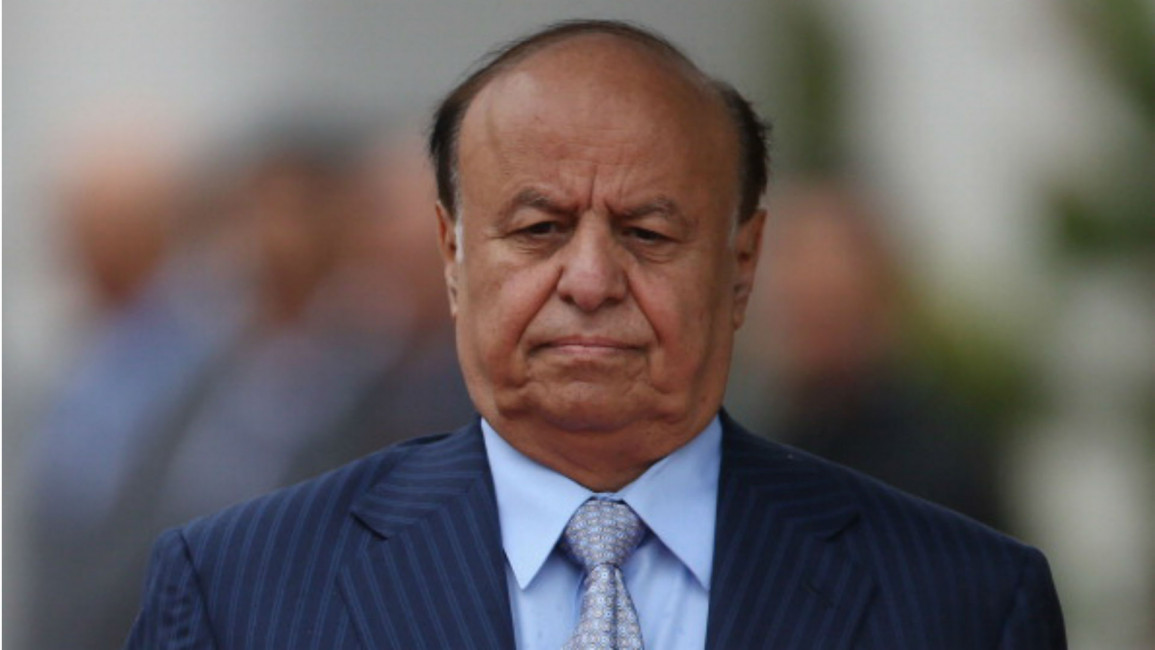Hadi and Houthis agree to end fighting in Yemen
Yemeni President, Abdrabuh Mansur Hadi, and Houthi officials agreed on Wednesday to end fighting, amid fears that the country might descend into chaos.
The Houthis have fought pitched battles with government forces this week as they continue to press for more political power.
The unrest has raised international concern, with the UN Security Council condemning the attacks and backing Hadi as Yemen's "legitimate authority".
Points for peace
Under a nine-point deal, the militia agreed to withdraw from government buildings they seized this week in return for concessions over a disputed draft constitution, state news agency Saba said.
In return, the Houthis pledged to vacate the presidential palace, a day after seizing it, and to free Hadi's chief of staff, Ahmed bin Mubarak, who is being held by the insurgent group.
In return, it would now be "possible to amend" the draft constitution dividing Yemen into six federal regions, which the Houthis have opposed, said Saba.
"The draft constitution should be agreed upon by all factions," according to the deal, and Yemen "will be a federal state in accordance with the outcome of the national dialogue".
The agreement also pledges to treat the Houthis and other disgruntled factions, such as the seperatist Southern Movement, equally in the allocation of public posts.
| The Houthis pledged to vacate the presidential palace, a day after seizing it. |
"Ansarullah [Houthis] and the peaceful Southern Movement and all other political factions deprived of equal representation in state institutions will have the right to be appointed in these institutions," the agreement says.
On Tuesday, the militia seized Hadi's offices at the presidential palace and attacked his residence, in what officials said was an attempted coup.
After at least 35 people were killed and 94 wounded in the two previous days, quiet returned to the streets of Sanaa on Wednesday.
International concern
The violence prompted the Gulf Cooperation Council to accuse the Houthis of an attempted "coup".
The United States said it was closely monitoring the crisis after officials revealed a US diplomatic vehicle had been attacked.
Defence officials said the US military was ready to evacuate American diplomats and other personnel from Yemen, but the State Department has so far not ordered the embassy to close.
The rising unrest has fuelled longtime divisions in Yemen, where the government, Houthis, southern separatists, tribes, and the local al-Qaeda branch are all vying for influence.
The Houthis raised the stakes Saturday by kidnapping Hadi chief of staff Ahmed Awad bin Mubarak in an apparent bid to extract changes to the draft constitution.
Mubarak is leading efforts to reform how Yemen is governed under a "national dialogue" set up after longtime president Ali Abdullah Saleh was forced from power in 2012 following a year of bloody protests.
"Rule not govern"
Ibrahim Sharquieh, conflict resolution expert at the Brookings Institute in Doha, said the Houthis wanted "to rule but not govern" Yemen.
"They want to leave Hadi as president but they want him and the government to be fully cooperative with them," he added.
Meanwhile, Saleh's party released a letter Wednesday it said the former leader sent to Hadi last month urging him to "hold early presidential and parlimentary elections to resolve the country's crisis".
Saleh has been accused of backing the Houthis.
In Yemen's south, Aden shut its airport, seaport and entrances to the city due to "dangerous developments in the capital" and "attacks on the symbol of national sovereignty and constitutional legitimacy".



